German chancellor Angela Merkel in her New Year’s address condemned the rise of a far-right anti-Muslim movement, saying its leaders have “hatred in their hearts”.
In her strongest comments yet on the so-called Patriotic Europeans Against the Islamisation of the West (Pegida), she spoke of demonstrators shouting “we are the people”, co-opting a slogan from the rallies that led up to the fall of the Berlin Wall 25 years ago.
“But what they really mean is: you are not one of us, because of your skin colour or your religion,” Merkel said, according to a pre-released copy of a televised speech she was to due to deliver to the nation on Wednesday evening.
“So I say to all those who go to such demonstrations: do not follow those who have called the rallies. Because all too often they have prejudice, coldness, even hatred in their hearts.”

The nationalistic and Islamophobic Pegida movement, only formed in late October, has since drawn more than 17,000 protesters on to the streets of the eastern city of Dresden, sparking heated debate and deep soul-searching in the country.
Merkel in her wide-ranging speech touched on crises such as west Africa’s Ebola outbreak and the conflicts in Ukraine and Iraq and Syria, where the Islamic State group “brutally murders all those people who refuse to submit to its rule”.
“One consequence of these wars and crises is that worldwide there are more refugees than we have seen since the second world war. Many literally escaped death,” she said.
Subscribe to our newsletter and stay updated on the latest news and updates from around the Muslim world!
“It goes without saying that we help them and take in people who seek refuge with us,” she said, pointing to the estimated 200,000-odd asylum seekers who have come this year to Europe’s biggest economy to ask for a safe haven.
The chancellor mentioned demographics, the rapid ageing of the German population, as one of the key national challenges and called immigration “a gain for all of us”.
Touching on the case of a Kurdish refugee who has settled in Germany, she said that it is “perhaps the biggest compliment” for the country to call it a place “where the children of the persecuted can grow up without fear”.





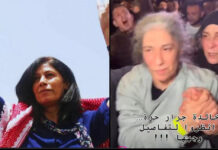
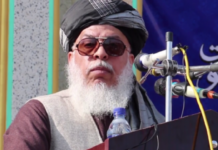
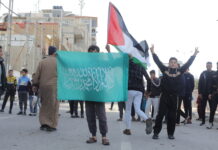

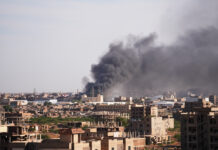
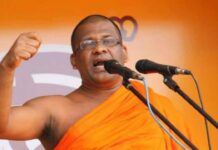










Comments are closed.